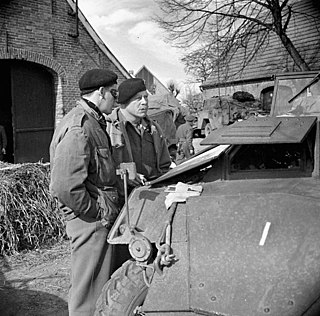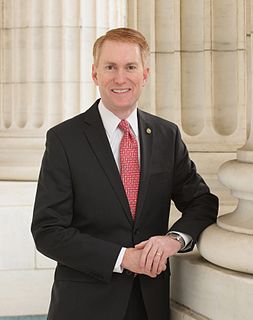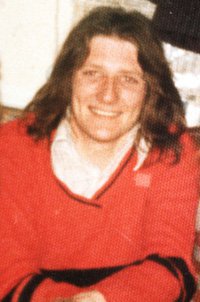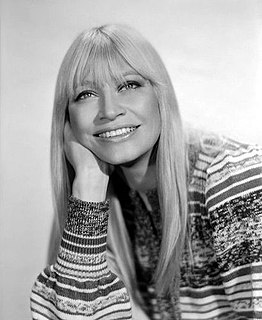A Quote by Ai Weiwei
Behind every political deal in this country, the first casualties are always the ordinary people, who are barely treated as human.
Related Quotes
The first thing to say is that the ordinary criminal law in this country, the Human Rights Act, the Children's Act, all of the laws of the country take precedence, but what I'm also saying is that within the context of a secular country, which Britain now kind of is, or at least a country which purports to be relatively equal between religions, there should be some scope for allowing faith communities to govern themselves - subject to it being consensual and subject to everyone's human rights being observed.
That nothing is static or fixed, that all is fleeting and impermanent, is the first mark of existence. It is the ordinary state of affairs. Everything is in process. Everything - every tree, every blade of grass, all the animals, insects, human beings, buildings, the animate and the inanimate - is always changing, moment to moment.
I’ve never seen an exploding helicopter. I’ve never seen anybody go and blow somebody’s head off. So why should I make films about them? But I have seen people destroy themselves in the smallest way, I’ve seen people withdraw, I’ve seen people hide behind political ideas, behind dope, behind the sexual revolution, behind fascism, behind hypocrisy, and I’ve myself done all these things. So I can understand them. What we are saying is so gentle. It’s gentleness. We have problems, terrible problems, but our problems are human problems.
Behind every door on every ordinary street, in every hut in every ordinary village in this middling planet of a trivial star, such riches are to be found. The strange journeys we undertake on our earthly pilgrimage, the joy and suffering we taste or confer, the chance events that leave us together or apart, what a complex trace they leave: so personal as to be almost incommunicable, so fugitive as to be almost irrecoverable.
You all know that certain things are necessary to make a religion. First of all, there is the book. The power of the book is simply marvellous! Whatever it be, the book is the centre round which human allegiance gathers. Not one religion is living today but has a book. With all its rationalism and tall talk, humanity still clings to the books. In your country every attempt to start a religion without a book has failed. In India sects rise with great success, but within a few years they die down, because there is no book behind them. So in every other country.
I have always had a deep belief that every movie, every artistic expression, is political. Don't be fooled. Even ones that we wouldn't consider overtly political are political. When we spend time doing anything, whether it's distraction or whether it's something that we have to face, it is always political. That's my belief.







































